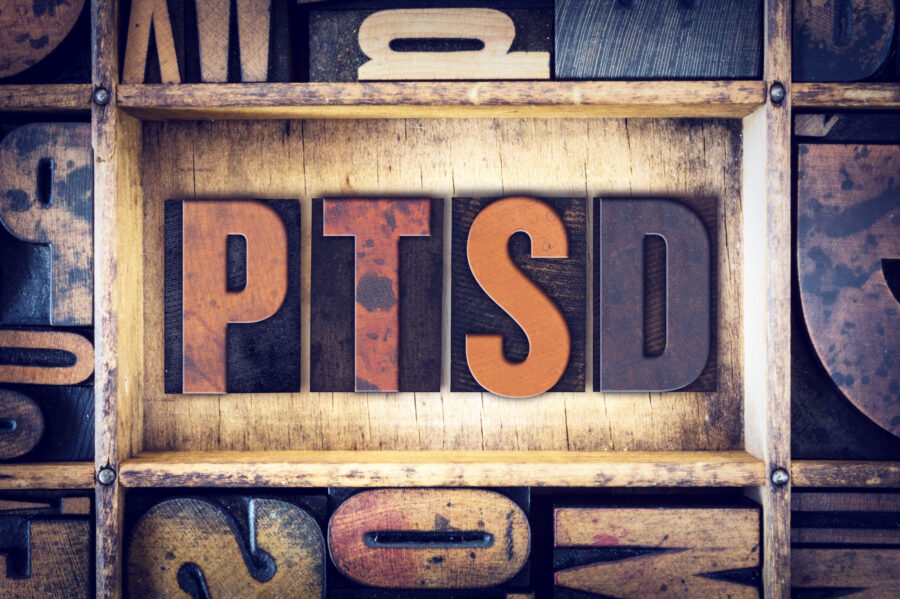Post-Traumatic Stress Disorder (PTSD) is a condition that surfaces following exposure to traumatic events, and its triggers vary widely among individuals. To manage the condition effectively, knowing and understanding the triggers that can prompt a psychological and physical response is important.
This article explores these exacerbating factors and offers advice on mitigating their impact.
Understanding PTSD Triggers
PTSD triggers are specific stimuli that remind individuals of their traumatic experiences, leading to a resurgence of symptoms. These triggers can be anything related to the trauma, including sights, sounds, smells, or even emotions. Identifying personal triggers is the first step in managing them effectively. Although vital, it’s important to acknowledge that this can be a complex process requiring professional support.
Common Factors That Exacerbate PTSD
While triggers are highly individualized, several common factors can exacerbate PTSD symptoms. Being aware of these can help individuals and their loved ones to navigate PTSD more successfully.
- Stressful Environments: High-stress situations or environments can intensify PTSD symptoms. Stress can come from various sources, including work, relationships, or financial pressures.
- Substance Abuse: Turning to alcohol or drugs as a coping mechanism can worsen PTSD symptoms over time. Substance abuse can interfere with emotional regulation and sleep patterns, leading to heightened symptoms.
- Avoidance Behavior: Excessive avoidance can hinder the healing process. It may prevent individuals from confronting and processing their trauma, leading to prolonged symptoms.
- Negative Social Interactions: Encounters that evoke feelings of isolation, judgment, or misunderstanding from others can exacerbate PTSD symptoms. Supportive and understanding social interactions are vital for healing.
- Lack of Routine: A lack of structure can contribute to feelings of instability and unpredictability. Establishing a daily routine can provide a sense of normalcy and control.
- Media Exposure: News reports, movies, or social media content that depict violence or traumatic events can trigger PTSD symptoms. Limiting exposure to such media can be beneficial.
- Sleep Disturbances: Poor sleep hygiene and sleep disturbances can exacerbate PTSD symptoms. Sleep is crucial for emotional and psychological healing.
Strategies for Managing Exacerbating Factors
- Stress Management: Implementing stress-reduction techniques such as mindfulness, meditation, or yoga can help. These practices keep stress levels in check and mitigate its impact on PTSD symptoms.
- Seeking Professional Help: Engaging in therapy with a mental health professional can provide strategies for dealing with substance abuse, avoidance behavior, and other exacerbating factors.
- Building a Support System: Cultivating relationships with understanding friends, family, or support groups can provide a buffer against negative social interactions and offer a source of comfort and understanding.
- Establishing a Routine: Creating a structured daily schedule can help reduce feelings of unpredictability and chaos, contributing to a sense of stability.
- Mindful Media Consumption: Being selective about media consumption and avoiding content that could trigger PTSD symptoms is a proactive way to manage triggers.
- Prioritizing Sleep: Developing good sleep habits, such as maintaining a regular sleep schedule and creating a calming bedtime routine, can improve sleep quality and reduce the exacerbation of symptoms.
Managing PTSD is an ongoing process that involves recognizing and avoiding factors that can worsen the condition. While it’s impossible to eliminate all triggers and stressors, understanding what to avoid and implementing strategies to deal with these challenges can significantly improve the quality of life for those with PTSD. By fostering supportive environments, prioritizing self-care, and seeking professional guidance, individuals living with PTSD can navigate their condition with greater resilience and hope.

